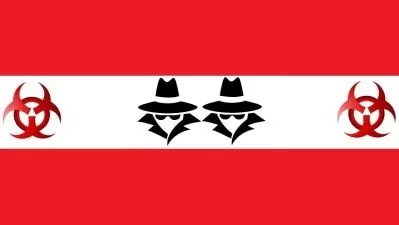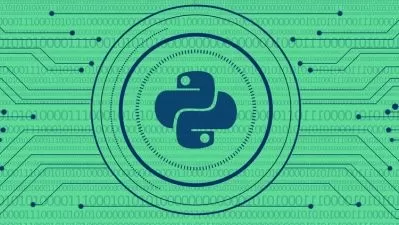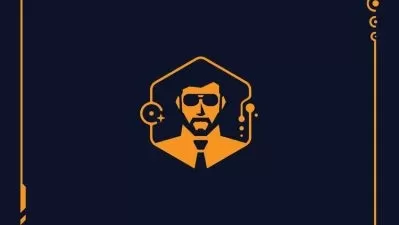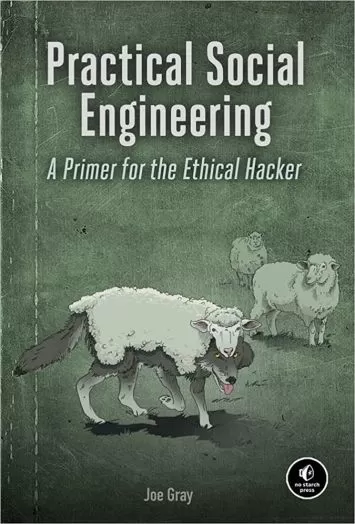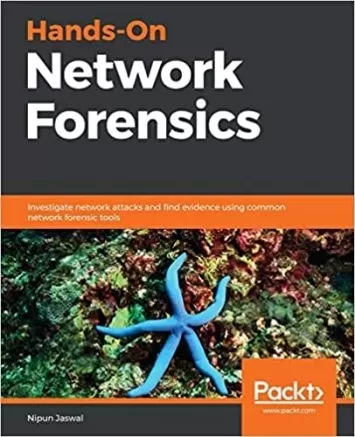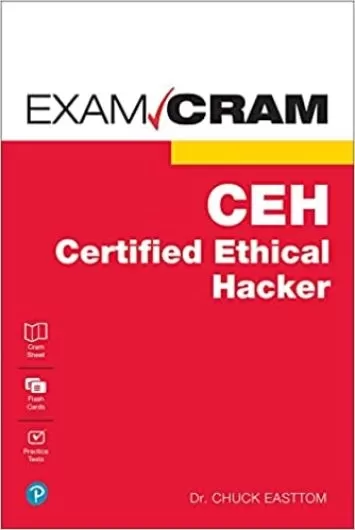About Ethical HackingLearn More
Ethical Hacking training teaches techniques that use cyber security knowledge to prevent malicious attacks and intrusions. An Ethical Hacking course can help you build your IT security expertise, opening the door to many jobs in the field and helping you increase your value in any IT position. Hacking classes can teach you how to keep unwanted visitors out of your networks and computer systems at work and home.
Sort by:
Sorting
The newest
Most visited
Course time
Subtitle
Filtering
Courses
Subtitle
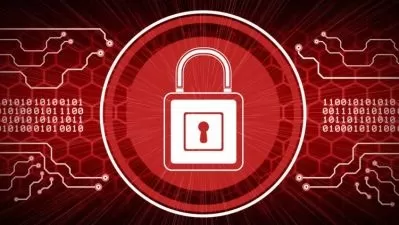
Udemy


MMZ Academy
Learn Ethical Hacking Using Kali Linux Red Team Tactics 5:01:56
English subtitles
11/18/2022
Subtitle

Udemy


FC aka Freakyclown
Getting Started with the Bash Bunny from Hak5 32:09
English subtitles
11/18/2022
Subtitle
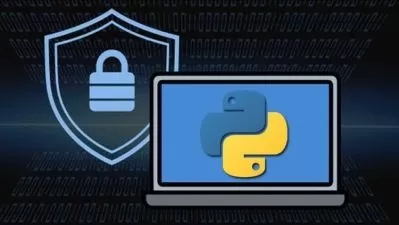
Udemy


Charles Smith
Cybersecurity For Beginners: Python For Ethical Hacking 1:01:05
English subtitles
11/18/2022
Subtitle

Udemy


Ryan John PhD
Complete Ethical Hacking Course | Bug Bounty 16:29:26
English subtitles
11/18/2022
Subtitle
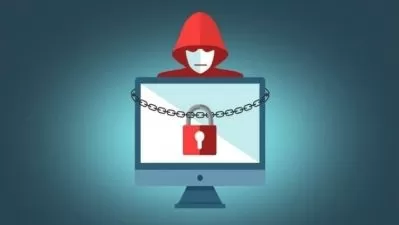
Udemy


Aleksa Tamburkovski
Coding Botnet & Backdoor In Python For Ethical Hacking! 5:10:40
English subtitles
11/18/2022
Subtitle
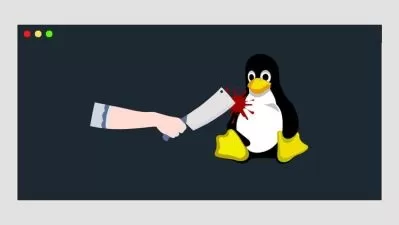
Udemy


Shifa Cyclewala
Practical Linux for Pentesting & Bug Bounties 4:41:44
English subtitles
11/15/2022
Books
Frequently asked questions about Ethical Hacking
Ethical hacking involves a hacker agreeing with an organization or individual who authorizes the hacker to levy cyber attacks on a system or network to expose potential vulnerabilities. An ethical hacker is also sometimes referred to as a white hat hacker. Many depend on ethical hackers to identify weaknesses in their networks, endpoints, devices, or applications. The hacker informs their client as to when they will be attacking the system, as well as the scope of the attack. An ethical hacker operates within the confines of their agreement with their client. They cannot work to discover vulnerabilities and then demand payment to fix them. This is what gray hat hackers do. Ethical hackers are also different from black hat hackers, who hack to harm others or benefit themselves without permission.
Yes, ethical hacking is a good career because it is one of the best ways to test a network. An ethical hacker tries to locate vulnerabilities in the network by testing different hacking techniques on them. In many situations, a network seems impenetrable only because it hasn’t succumbed to an attack in years. However, this could be because black hat hackers are using the wrong kinds of methods. An ethical hacker can show a company how they may be vulnerable by levying a new type of attack that no one has ever tried before. When they successfully penetrate the system, the organization can then set up defenses to protect against this kind of penetration. This unique security opportunity makes the skills of an ethical hacker desirable for organizations that want to ensure their systems are well-defended against cybercriminals.
Ethical hackers are generally experts in programming, cybersecurity, security analysis, and networking infrastructure. Ethical hackers tend to be out-of-the-box thinkers. Many hackers rely on creative means of attack, such as social engineering. Those who are experts within systems, who can easily see flaws within systems, and who love repetitive but creative work (such as quality assurance) are well-suited to working as ethical hackers. Ethical hackers will usually know multiple programming languages and have expertise in a multitude of security tools. A recent graduate might study programming, quality assurance, and systems security to prepare for such a role.
Many ethical hackers are freelancers who work off something called "bug bounties." Bug bounties are small contracts that companies, often large companies, send out for finding errors within their products. An ethical hacker can make thousands of dollars by reporting a single bug within a system. Other ethical hackers work within applications development companies to ensure that their products are as secure as possible. Therefore, an ethical hacker may be a freelance hacker, a software engineer, or a security analyst. Ethical hackers may also be able to easily move into roles in cybersecurity, such as cybersecurity architects, cybersecurity administrators, and cybersecurity engineers.
Yes, ethical hacking is legal because the hacker has full, expressed permission to test the vulnerabilities of a system. An ethical hacker operates within constraints stipulated by the person or organization for which they work, and this agreement makes for a legal arrangement. An ethical hacker is like someone who handles quality control for a car manufacturer. They may have to try to break certain components of the vehicle such as the windshield, suspension system, transmission, or engine to see where they are weak or how they can improve them. With ethical hacking, the hacker is trying to “break” the system to ascertain how it can be less vulnerable to cyberattacks. However, if an ethical hacker attacks an area of a network or computer without getting expressed permission from the owner, they could be considered a gray hat hacker, violating ethical hacking principles.
The different types of hackers include white hat hackers who are ethical hackers and are authorized to hack systems, black hat hackers who are cybercriminals, and grey hat hackers, who fall in-between and may not damage your system but hack for personal gain. There are also red hat hackers who attack black hat hackers directly. Some call new hackers green hat hackers. These people aspire to be full-blown, respected hackers. State-sponsored hackers work for countries and hacktivists and use hacking to support or promote a philosophy. Sometimes a hacker can act as a whistleblower, hacking their own organization in order to expose hidden practices. There are also script kiddies and blue hat hackers. A script kiddie tries to impress their friends by launching scripts and download tools to take down websites and networks. When a script kiddie gets angry at another hacker and seeks retaliation, they then become known as a blue hat hacker.
In addition to proficiency in basic computer skills and use of the command line, ethical hackers must also develop technical skills related to programming, database management systems (DBMS), use of the Linux operating system (OS), cryptography, creation and management of web applications and computer networks like DHCP, NAT, and Subnetting. Becoming an ethical hacker involves learning at least one programming language and having a working knowledge of other common languages like Python, SQL, C++, and C. Ethical hackers must have strong problem-solving skills and the ability to think critically to come up with and test new solutions for securing systems. Ethical hackers should also understand how to use reverse engineering to uncover specifications and check a system for vulnerabilities by analyzing its code.
Many hackers use the Linux operating system (OS) because Linux is a free and open-source OS, meaning that anyone can modify it. It’s easy to access and customize all parts of Linux, which allows a hacker more control over manipulating the OS. Linux also features a well-integrated command-line interface, giving users a more precise level of control than many other systems offer. While Linux is considered more secure than many other systems, some hackers can modify existing Linux security distributions to use them as hacking software. Most ethical hackers prefer Linux because it's considered more secure than other operating systems and does not generally require the use of third-party antivirus software. Ethical hackers must be well-versed in Linux to identify loopholes and combat malicious hackers, as it’s one of the most popular systems for web servers.





